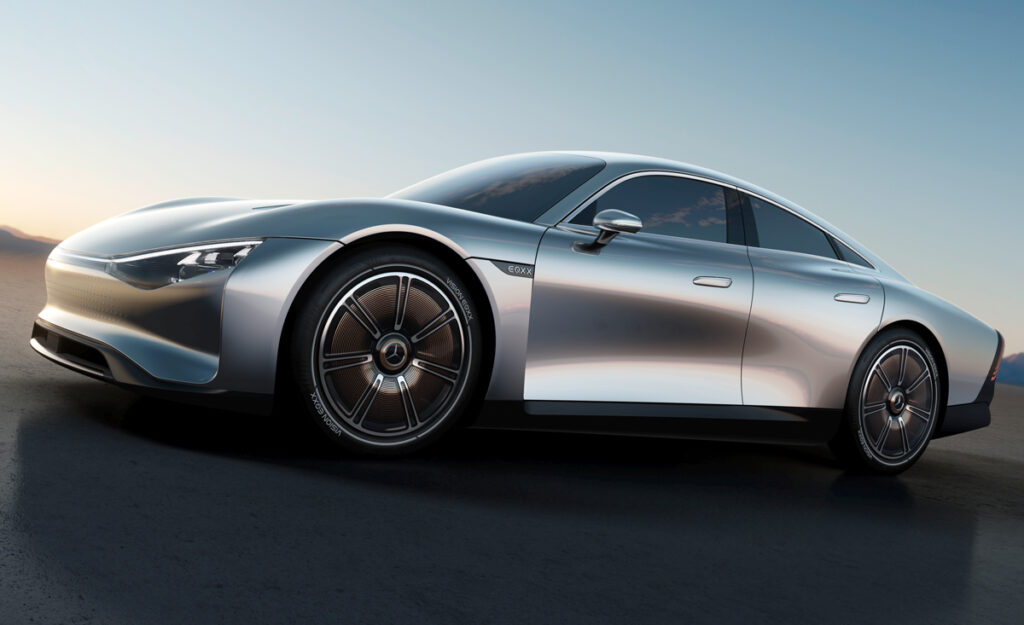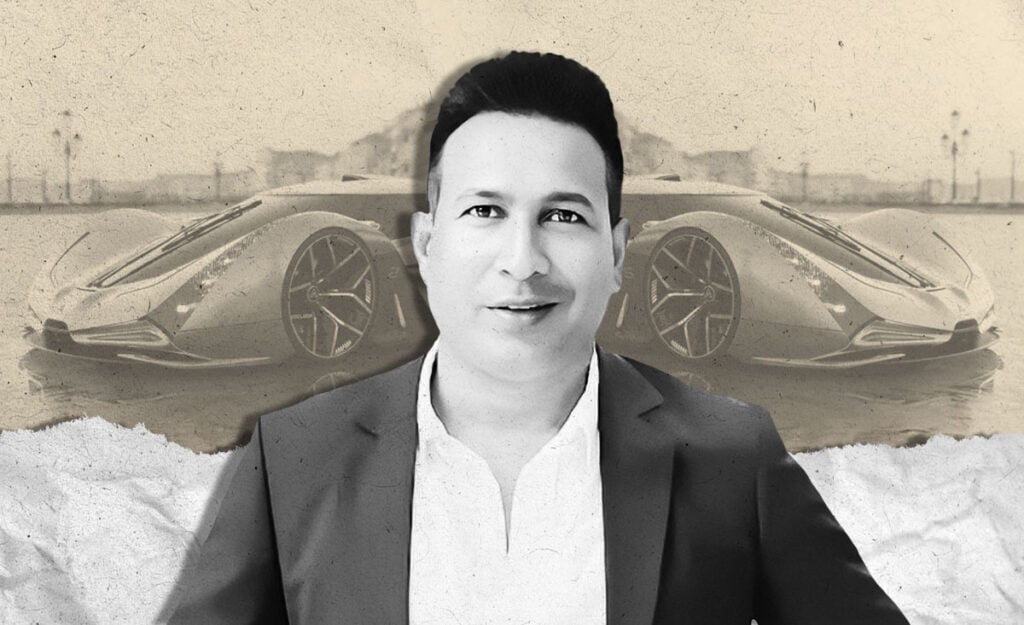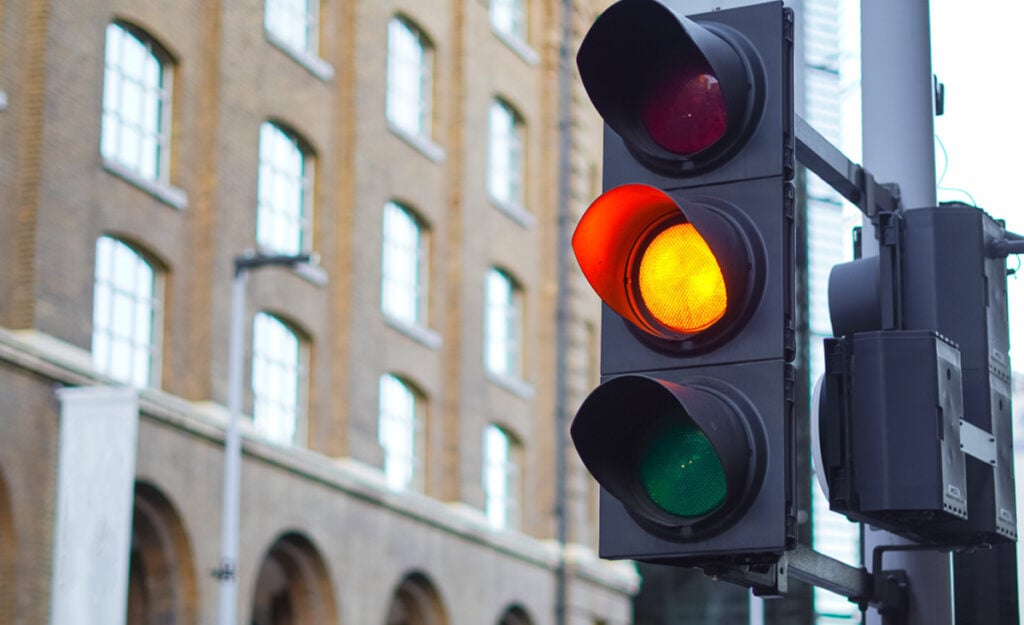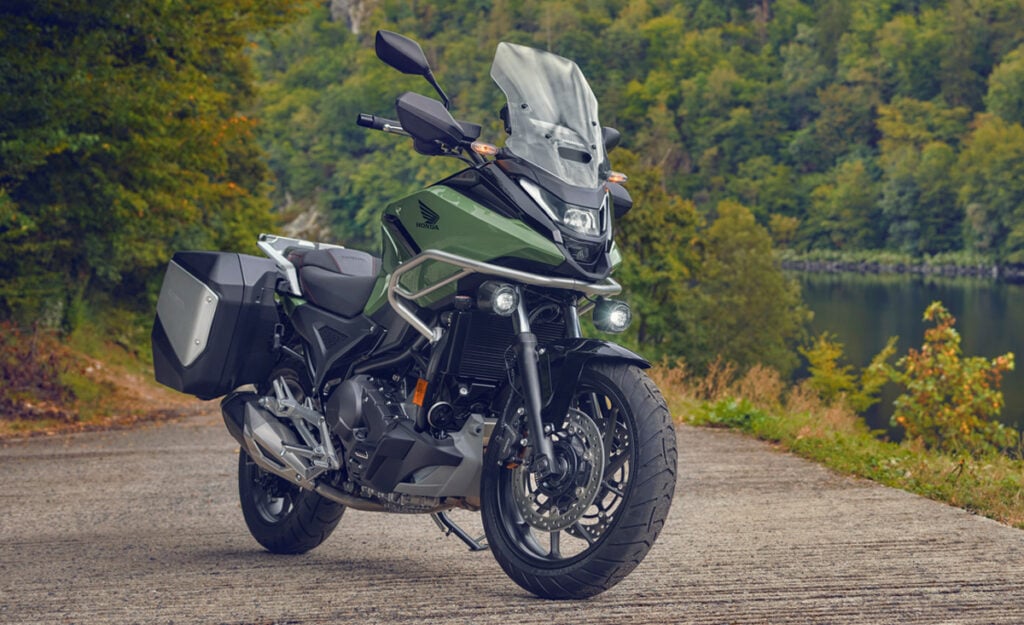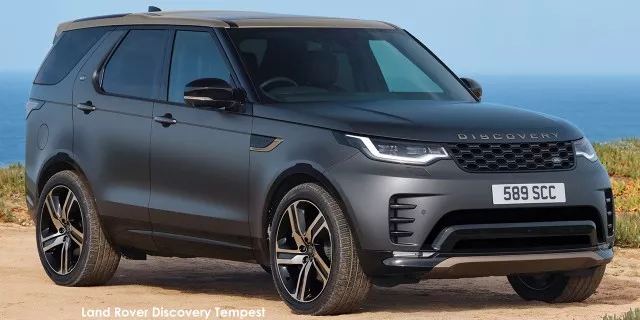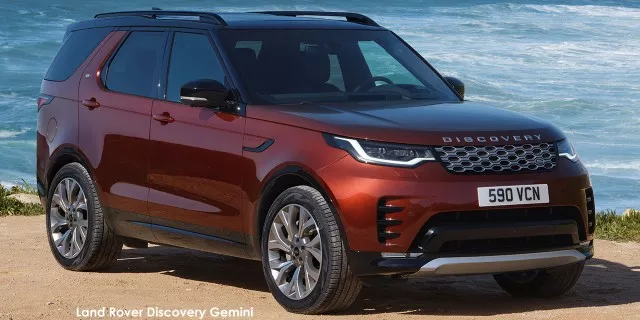Barriers to electric car adoption in South Africa – Mercedes-Benz
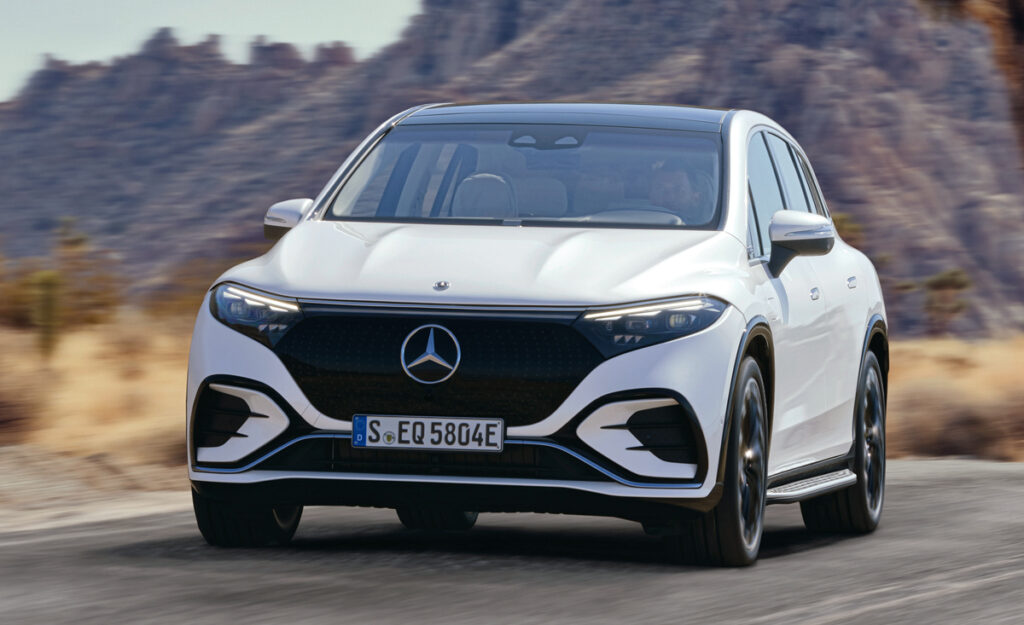
Mercedes-Benz South Africa is aiming for 50% of its vehicles sold in the country to be electric by 2026.
This statement was made by CEO and executive director Mark Raine in an interview with Engineering News last week.
Electric cars currently account for only a fraction of total vehicle sales in South Africa, as only 218 electric units made their way into owners’ hands in 2021.
In spite of this, Raine argued that it is possible for EV adoption to still take off within the local premium car market.
Barriers to EV adoption
There are still several barriers to widespread EV adoption, but many of these issues are less prevalent for buyers in the premium car market, according to Raine.
One example of this has to do with loadshedding – a commonly cited headache with regard to EV adoption in South Africa in particular, as it raises concerns over one’s ability to charge an electric car as the energy situation in the country fails to improve.
Speaking on this, Raine said that “yes, Eskom may have continued difficulty in meeting electricity demand, but premium car clients are either already off the grid, or they are thinking about it.”
Additionally, households in the premium market typically have more than one car at home, making EVs less of a ‘risk’ factor as they are not solely reliant on one vehicle, he said.
Another barrier to EVs is their high price, which was attributed in large part to the 25% import duty that exists on electric models.
Raine said he “does not support EV subsidies in South Africa, considering the economic and political conditions in the country. This also doesn’t make sense as EVs are currently coming in in the premium segment.”
However, he noted that price parity between import duties on EVs and internal combustion engine vehicles is a key determining factor for making battery-powered vehicles successful in South Africa.
A more immediate hurdle to the rollout of EVs has been global supply constraints, said Raine – citing the war in Ukraine for the delayed rollout of the Mercedes-Benz EQ line of electric vehicles.
The range was originally scheduled to debut in the second quarter of this year, but has been pushed back and will now make its first appearance at the Festival of Motoring taking place in Gauteng this August.
By the end of 2023, Mercedes should have seven EQ models available in South Africa, he said.
Related to the issue of supply constraints, is a shift in the local market to the pre-owned sector, as low consumer confidence and the cost of vehicles are making people think twice about buying new cars, said Raine.
However, the steep rise in fuel costs over the last few years will continue to make EVs more appealing, he added.
